A Critical Juncture in Nikon’s Mirrorless Journey – In the dynamic world of digital imaging, Nikon is once again poised for a critical moment. After reshaping its identity in the mirrorless age with the Nikon Z9, the company is nearing what may be its most significant mirrorless release yet: the Nikon Z9 Mark II. As anticipation mounts, industry signals, patent filings, and Nikon’s own product cycle behavior suggest that the Z9 successor is not only real, but already in the pipeline. And it may redefine Nikon’s role in both professional photography and digital cinema. The flagship Z9 represented a substantial leap forward and managed to impress even the most loyal Canon and Sony users. Now, Nikon is expected to leverage the momentum gained by the Z9 and set a new benchmark with the Z9 Mark II.
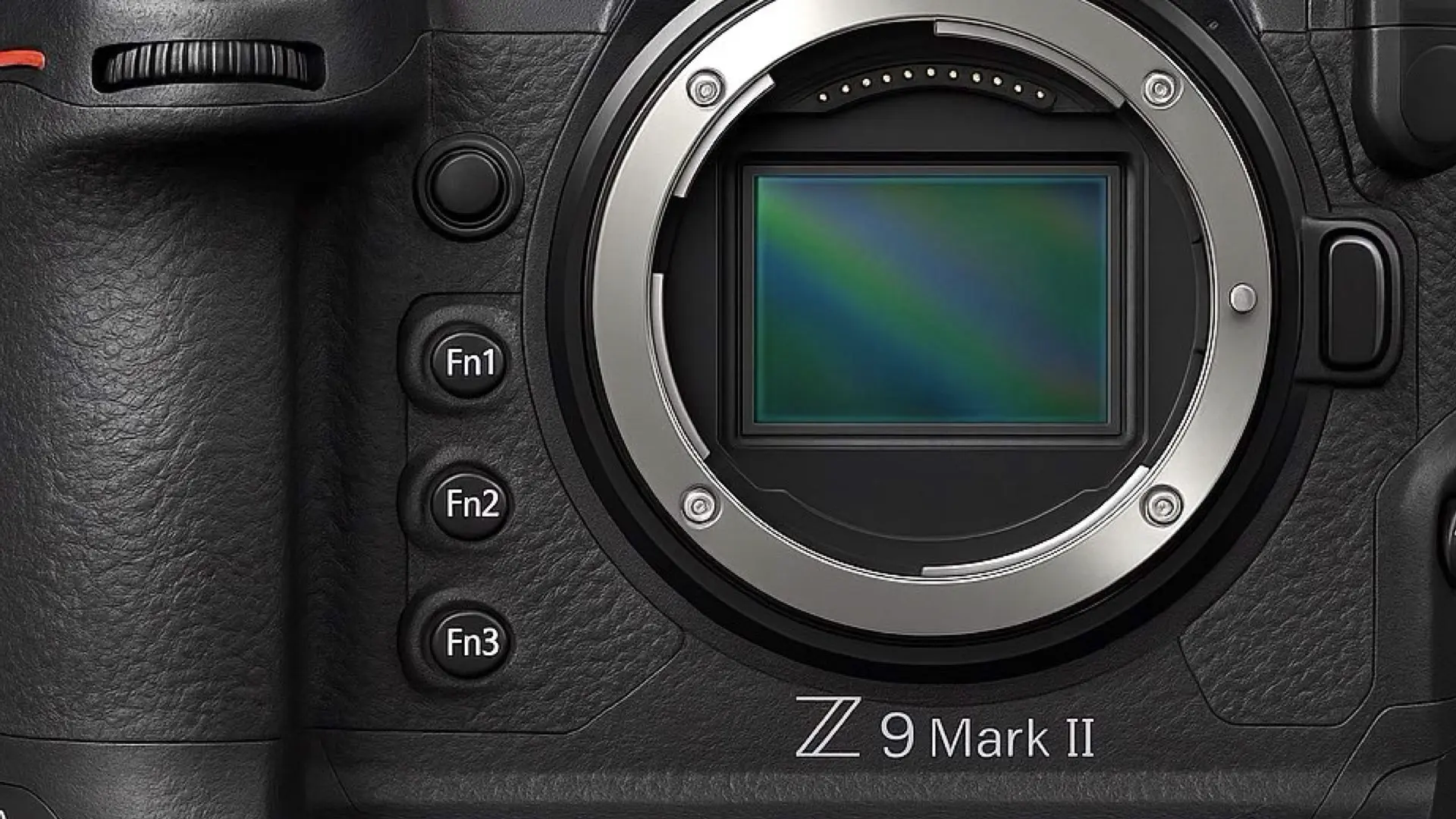
The Z9 Legacy and the Impetus for a Successor
The Z9 was a turning point for Nikon. Released in late 2021, it was a no-compromise camera that finally put the company on equal footing with Sony and Canon in the professional mirrorless arena. By removing the mechanical shutter entirely, offering internal 12-bit RAW video, and implementing deep learning-based autofocus, the Z9 was as much a technical statement as it was a tool. It was the first mirrorless camera to successfully fuse advanced stills capability with serious video performance, aimed at professionals who demand both. But as with all technology, innovation has a shelf life, and the recent major discount to the Z9 reported by Y.M.Cinema has triggered speculation that its successor is imminent. In the fast-paced world of camera tech, price drops on flagship models almost always foreshadow the arrival of their replacements. This discount is not just a sales tactic; it’s a strategic move to clear inventory and prepare the market.

The Case for a Global Shutter: A Leap into the Future
What will the Nikon Z9 Mark II look like? The current clues point toward a meaningful—though not radical—evolution. One of the most persistent rumors is the implementation of a global shutter sensor. While the original Z9 featured a stacked CMOS sensor with remarkably fast readout, it still exhibited some rolling shutter in video and high-speed stills. As competitors like Sony have moved toward global shutter with the Alpha 9 III, Nikon is under pressure to match or surpass that capability. And they might be ready. In a recent report, Y.M.Cinema revealed that Nikon is working on proprietary sensor designs and manufacturing independence. This could enable the brand to produce custom sensors optimized for global shutter performance and video-centric workflows. Global shutter technology represents the holy grail of sensor development. Unlike rolling shutters that read out line by line, a global shutter captures the entire frame simultaneously. This eliminates warping and skewing when shooting fast-moving subjects or during camera pans—an essential benefit for sports photography, wildlife, and professional video. Flash sync speeds could theoretically become unlimited, and creative freedom would increase exponentially. If Nikon integrates a true global shutter sensor into the Z9 Mark II, it would become one of the most powerful hybrid cameras in the market, appealing to an even broader spectrum of creators, including those in the high-end video production world.
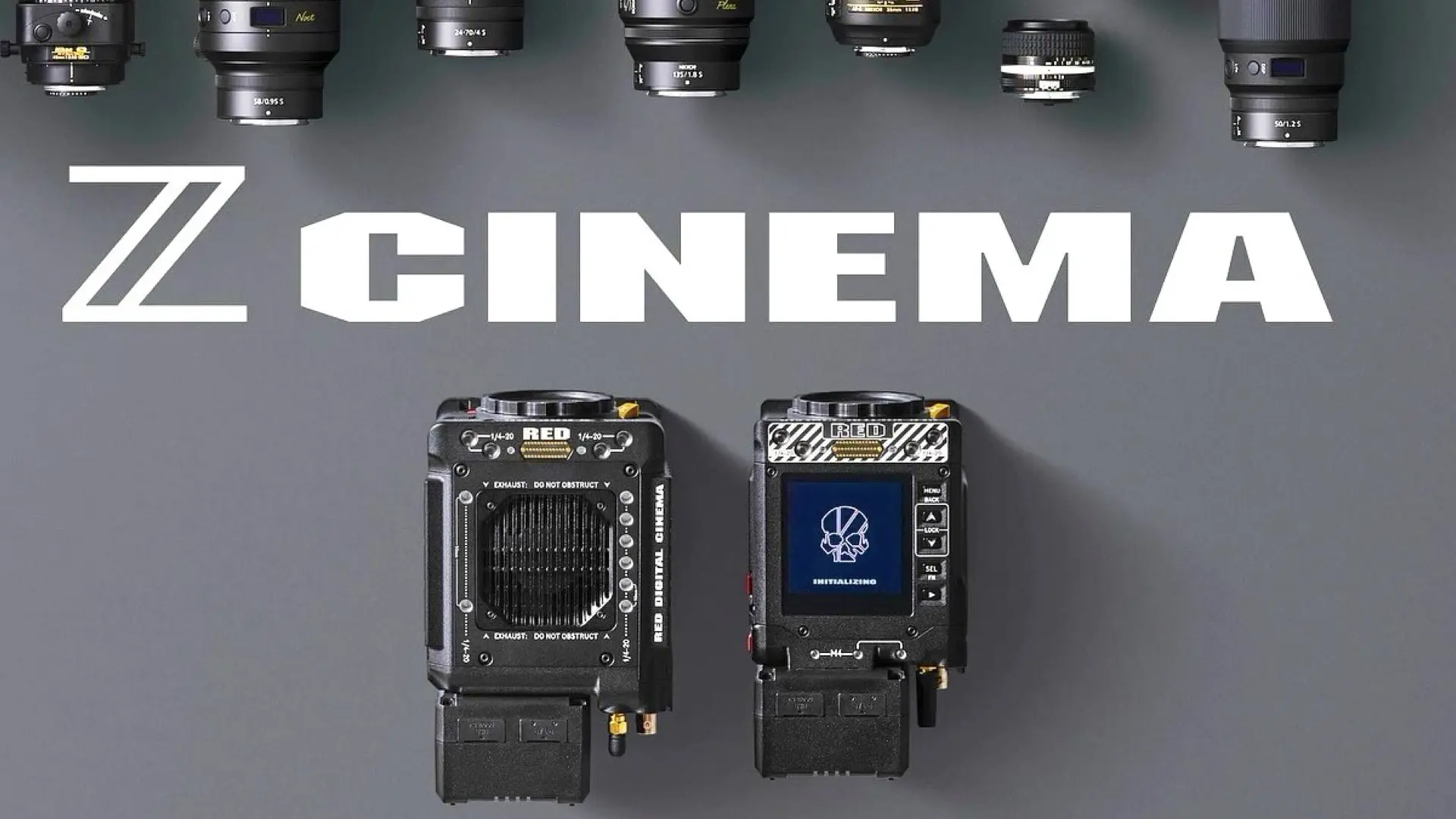
The RED-Nikon Synergy: Cinema-Focused Ambitions
If Nikon does incorporate a global shutter, it would solve several shortcomings still lingering in mirrorless imaging. Flash sync speeds would no longer be limited by readout time, fast-moving subjects would not suffer from warping, and video users would gain a completely distortion-free imaging experience. This would elevate the Z9 Mark II not just as a photojournalist’s tool, but as a genuine hybrid cinema camera. The original Z9 laid that foundation by being the first mirrorless camera to record internally in compressed 12-bit RAW format, as reported by Y.M.Cinema. The Z9 Mark II could take this to the next level, making it a viable tool for independent filmmakers, documentarians, and studio cinematographers. Another factor influencing the development of the Z9 Mark II is Nikon’s alliance with RED Digital Cinema. In a speculative but plausible analysis, we explored how the two companies might collaborate to merge RED’s cinema expertise with Nikon’s imaging know-how. Such a synergy could result in shared technology, optimized codecs, or even co-branded hybrid cameras. RED brings a wealth of experience in cinema-grade imaging pipelines, RAW workflows, and advanced heat dissipation strategies—areas where Nikon could benefit. The Z9 Mark II could be the perfect candidate to pilot these technologies beyond the Z-CINEMA brand.
![RED Digital Cinema Introduces V-RAPTOR [X] Z Mount: A Groundbreaking Move Following Nikon’s Acquisition](https://ymcinema.com/wp-content/uploads/2025/02/RED-Digital-Cinema-Introduces-V-RAPTOR-X-Z-Mount-A-Groundbreaking-Move-Following-Nikons-Acquisition-כקשאורקג.001.webp)
Learning from the Moon Camera: Thermal and Scientific Improvements
Hardware aside, Nikon must also focus on software, processing power, and thermal management. The Z9 was a powerhouse, but it wasn’t flawless. Extended video recording in high-resolution formats still raised concerns about overheating and battery drain. Nikon showcased some improvements at CES 2025 with its modified “Moon Camera,” a Z9 adapted for scientific imaging and extreme low-light applications. That camera was stripped of ergonomic constraints and built specifically for functionality. The knowledge gained from those developments could enhance the Z9 Mark II’s thermal design, allowing for longer, uninterrupted recording in 8K or high-frame-rate 4K. Better heat dissipation, active cooling systems, or more efficient power consumption would be welcomed by users in both video and stills domains.
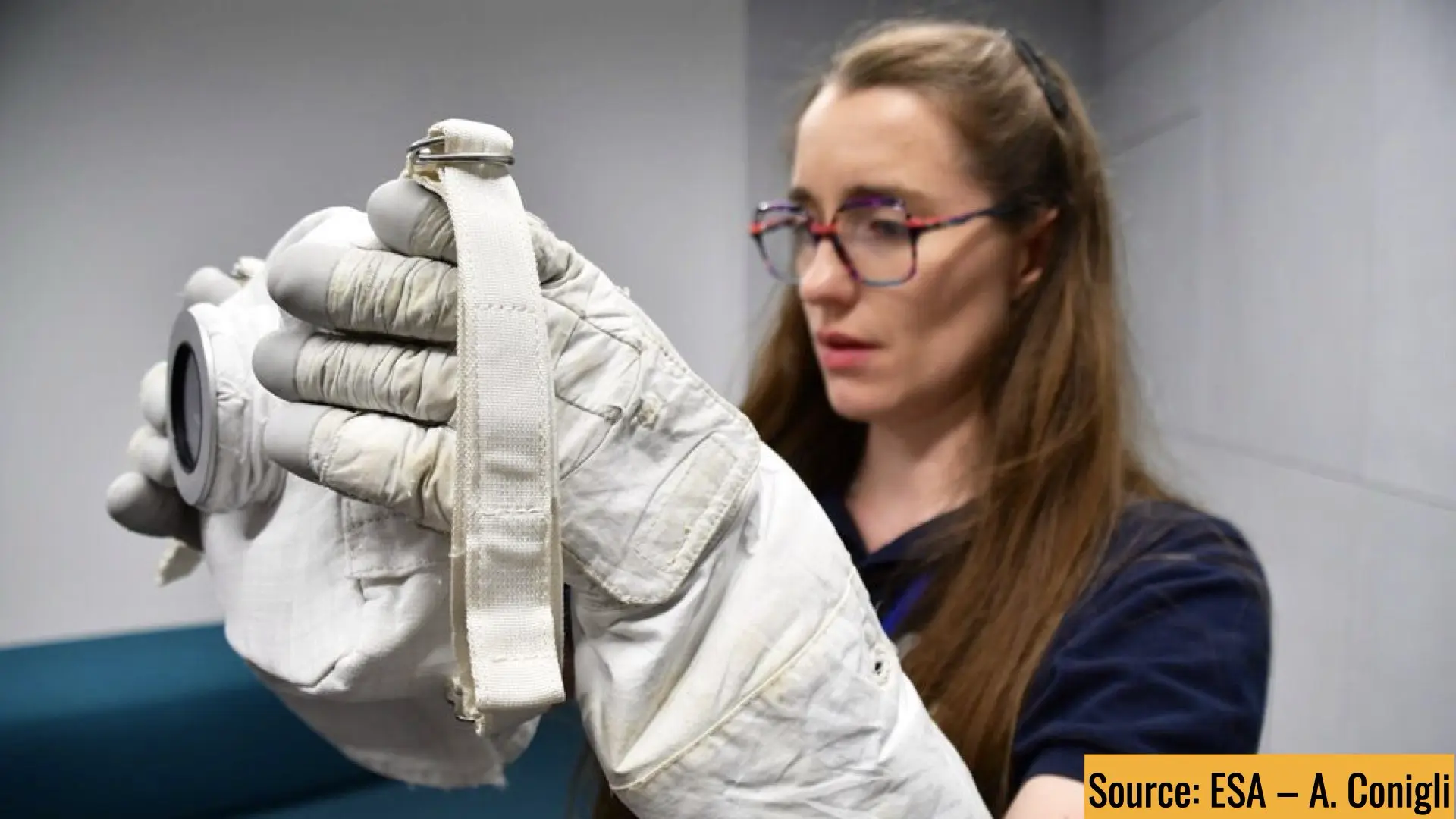
User Demands and Ecosystem Gaps
But while the Z9 Mark II may be shaping up to be a flagship technical marvel, Nikon should also be mindful of accessibility and responsiveness to user needs. With Canon and Sony aggressively pushing their ecosystems and third-party support, Nikon has at times lagged in lens availability, firmware adaptability, and modular expandability. For the Z9 Mark II to be a complete success, Nikon must ensure better integration with pro workflows, faster firmware iteration, and continued support for emerging AI-driven features like subject recognition, voice-based command systems, and real-time compositing. Moreover, compatibility with third-party accessories, cage systems, external recorders, and advanced audio tools would greatly improve Nikon’s reputation among filmmakers.
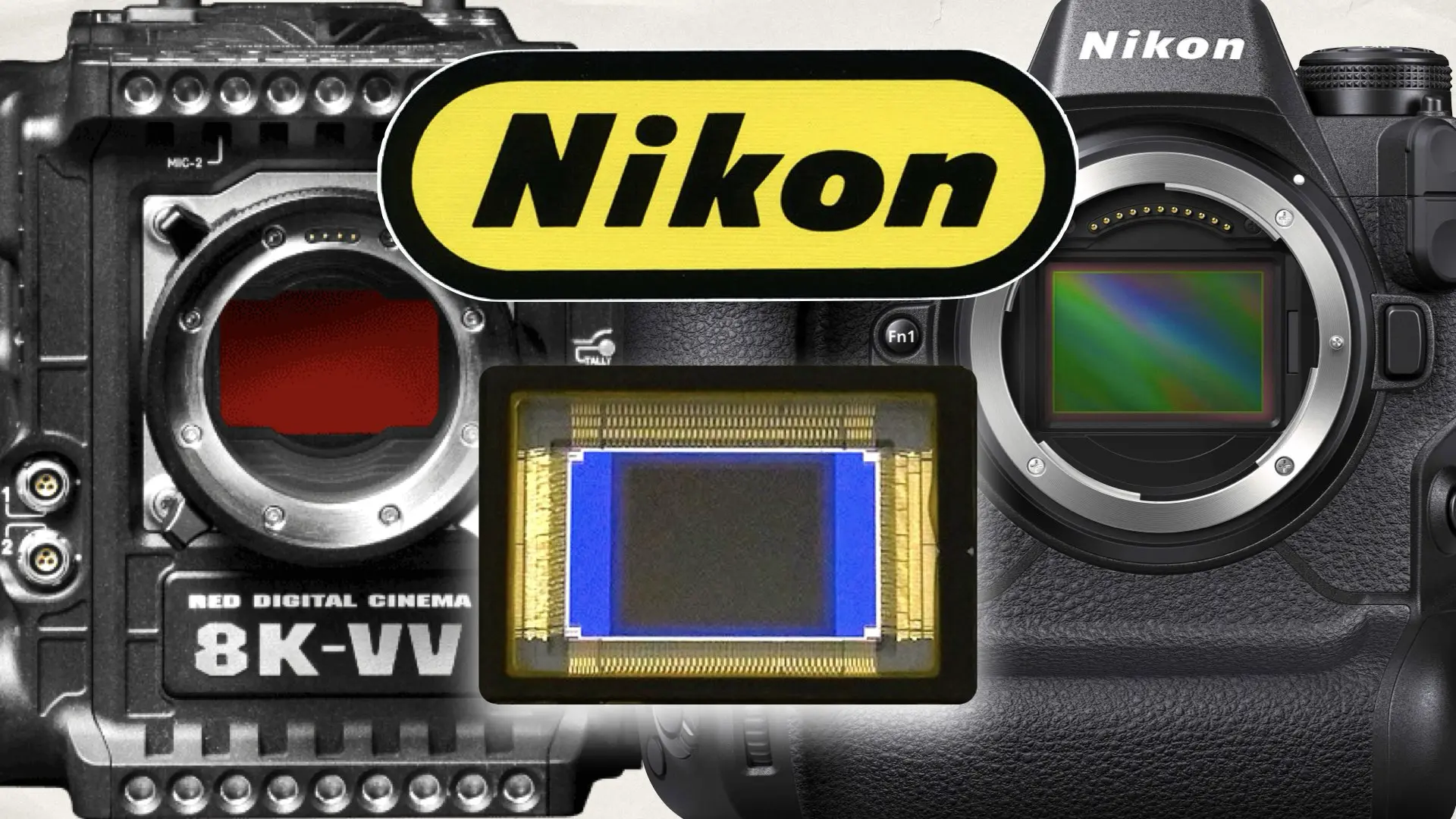
When to Expect the Z9 Mark II
In terms of timing, Nikon traditionally operates on a roughly 3- to 4-year cycle for flagship bodies. Given the Z9’s late 2021 release, a Q4 2025 or early 2026 announcement for the Z9 Mark II seems highly probable. The substantial price drop to the current Z9 and increased clearance activity further support this. However, Nikon must avoid complacency; the window for dominating the hybrid market is narrow, and the competition is relentless. Sony and Canon will not wait. With global shutter already a reality in Sony’s A9 III and Canon rumored to debut similar tech soon, Nikon must act decisively to maintain momentum. The table below explores our speculations:
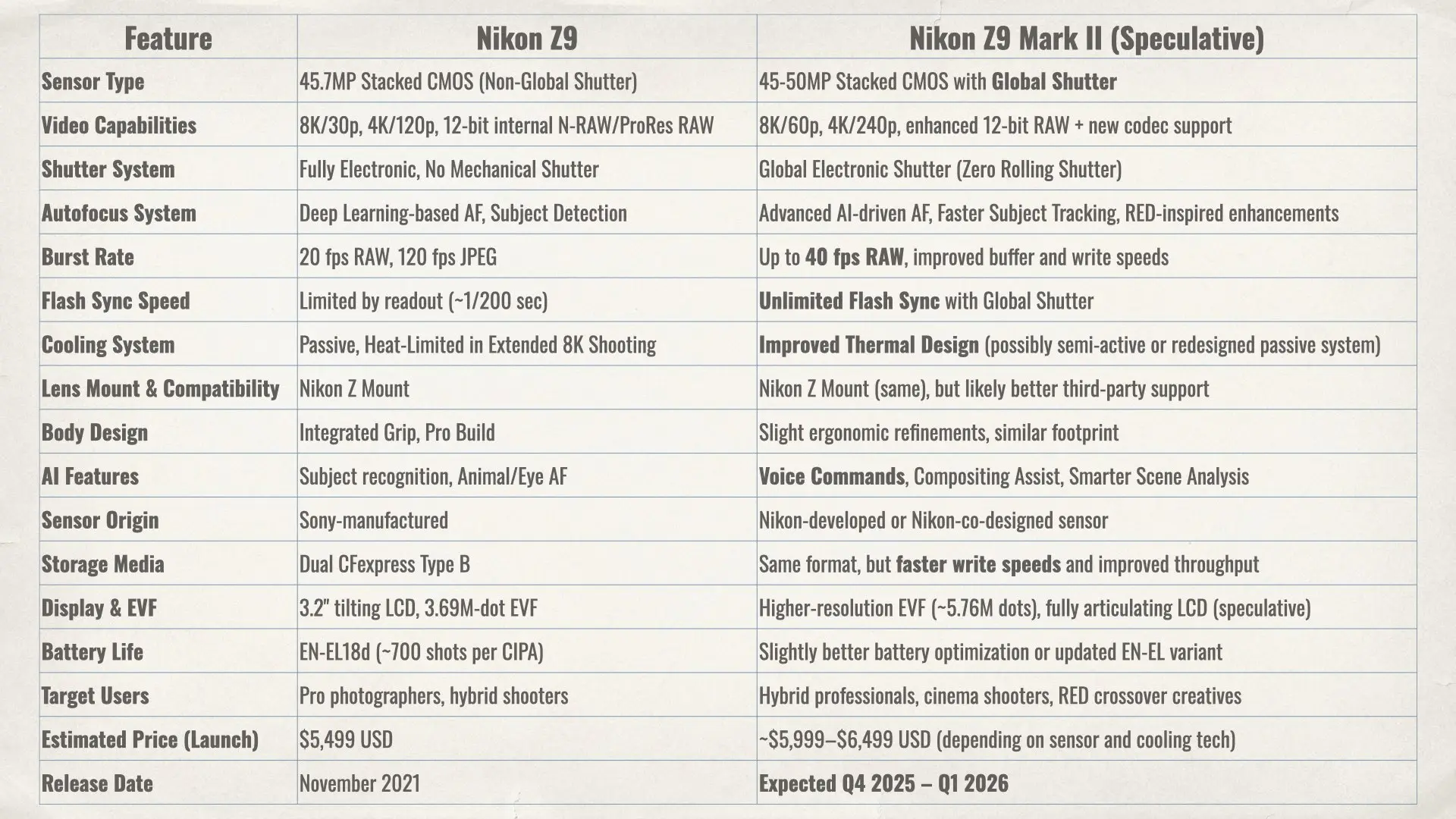
A Strategic Inflection Point for Nikon
In conclusion, the Z9 Mark II is shaping up to be more than just a successor—it could be a symbolic leap forward for Nikon’s entire mirrorless strategy. Backed by a shift toward in-house sensor development, potential cinematic partnerships, and lessons learned from both the Z9 and its specialized variants, Nikon has all the ingredients to make the Mark II not only a professional’s dream camera, but a future-proof platform. The company must balance innovation with reliability, and boldness with pragmatism. If it succeeds, the Z9 Mark II could be the most important camera in Nikon’s digital history. And if it stumbles, Nikon risks ceding hard-won ground to faster, more adaptive rivals.

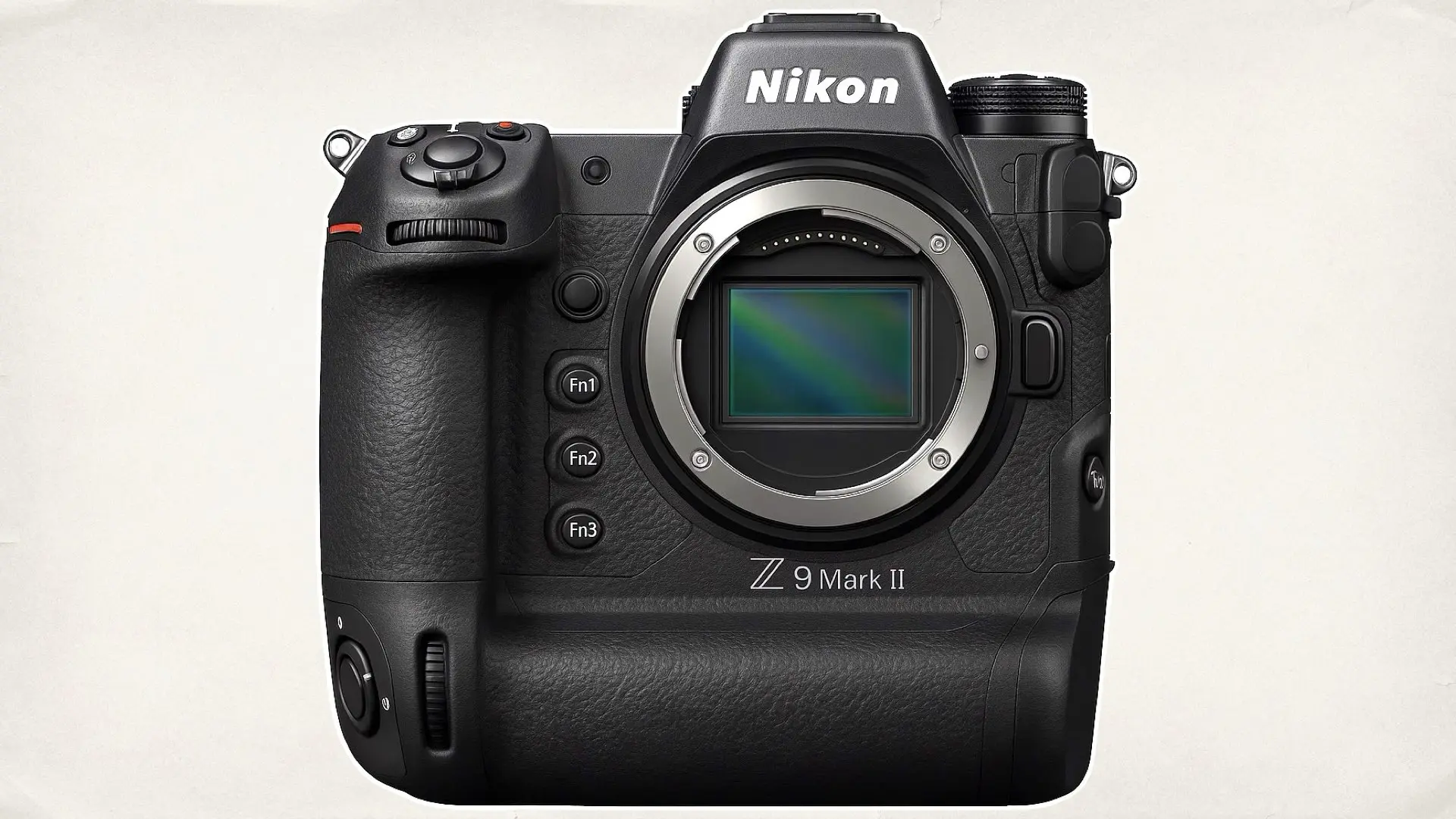
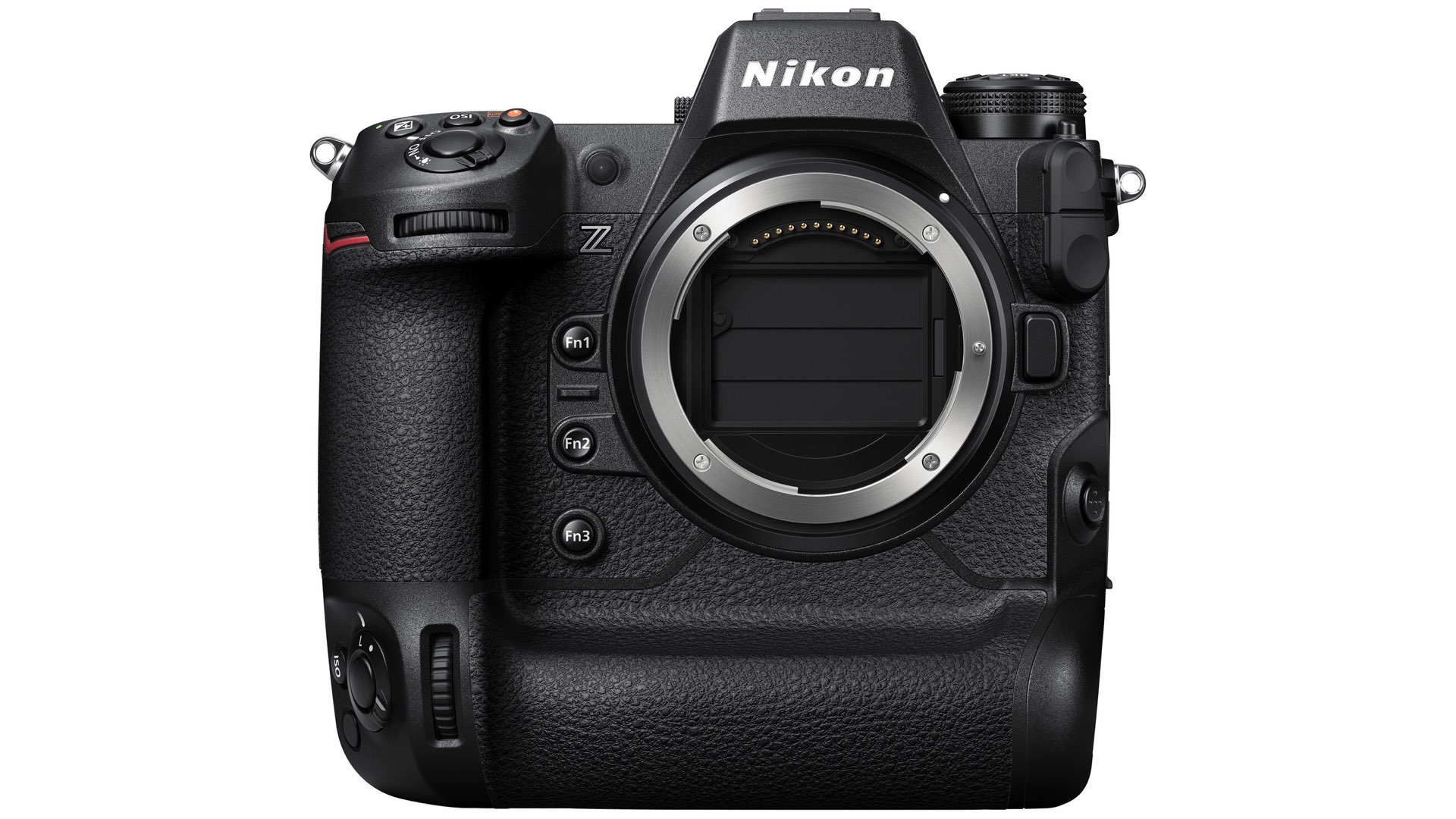
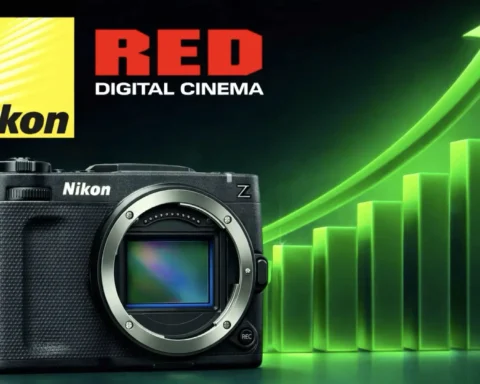
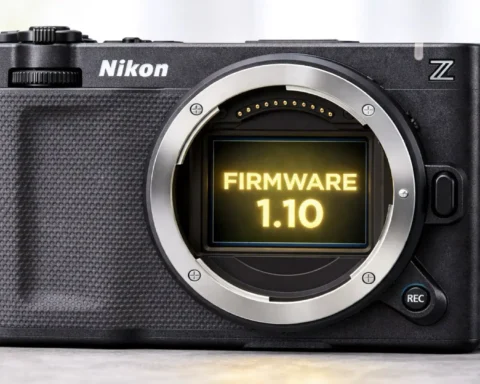

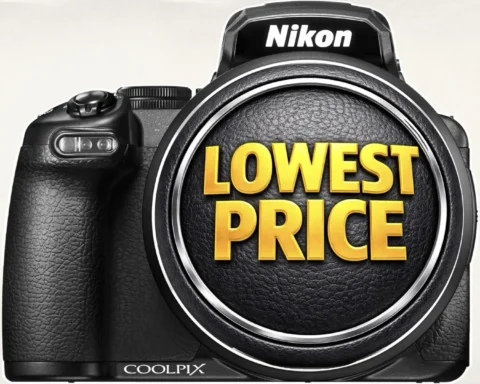



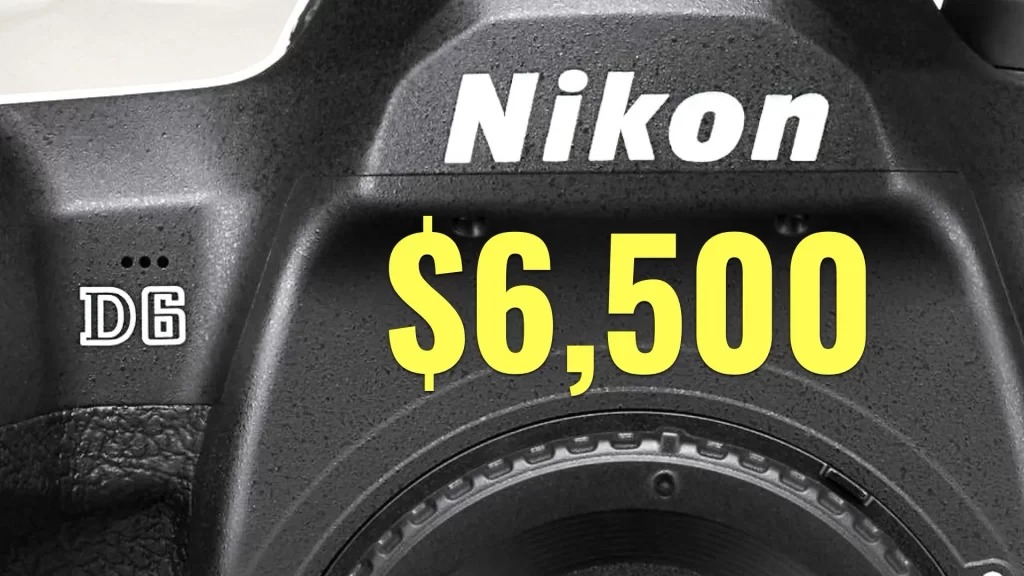

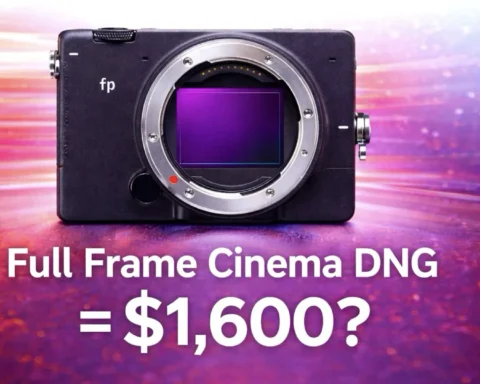
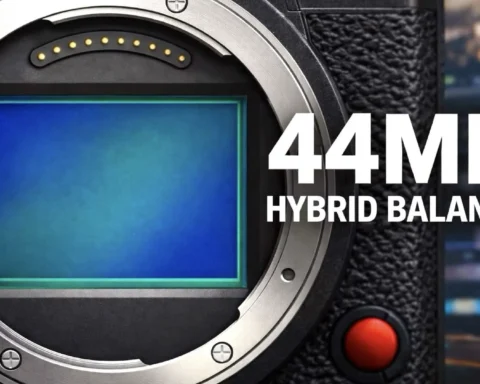
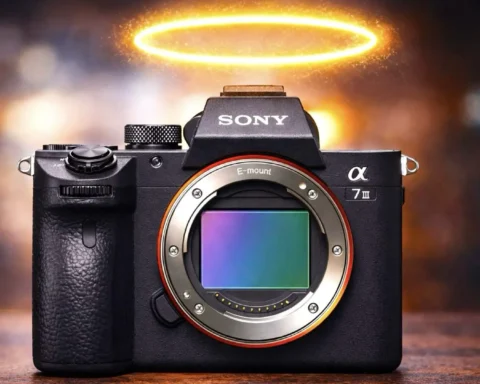

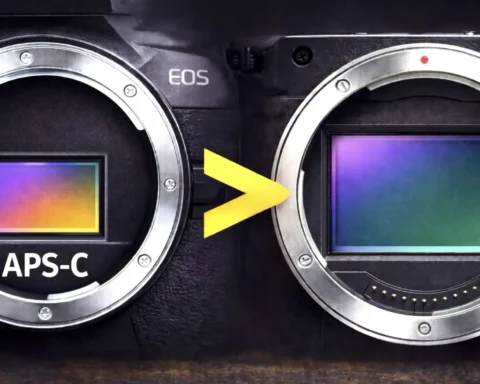


Hopefully a better sounding shutter noise